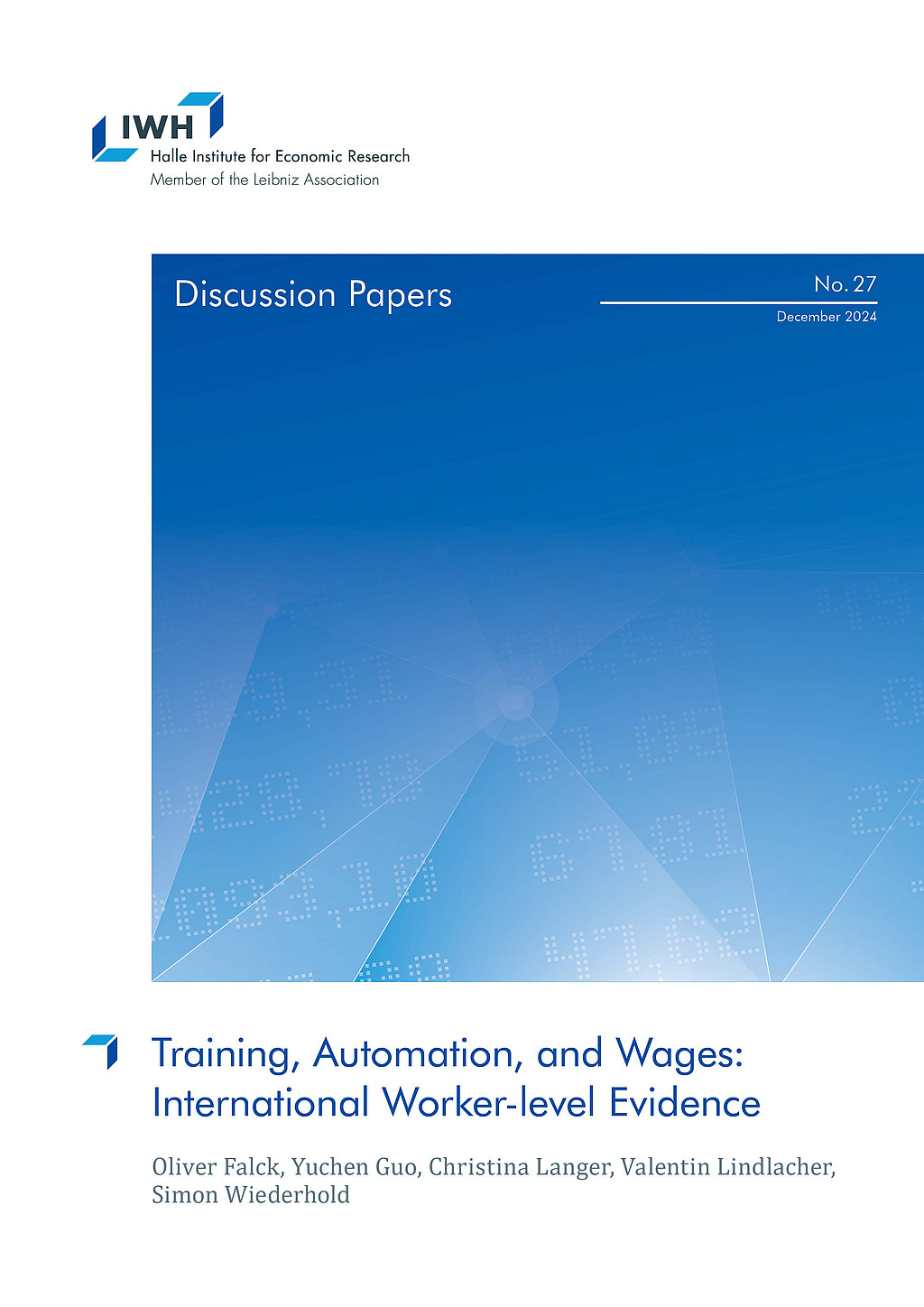Professor Dr Oliver Falck

Current Position
since 3/14
Research Professor
Halle Institute for Economic Research (IWH) – Member of the Leibniz Association
since 10/11
Professor of Economics, esp. Empirical Innovation Economics
University of Munich
Research Interests
- innovation
- growth and economic development
Oliver Falck joined the institute as a Research Professor in March 2014. His research focuses on innovation and growth as well as entrepreneurship.
Oliver Falck holds the position of Professor of Economics, especially Empirical Innovation Economics at the LMU Munich and he is the Director of the ifo Center for Industrial Organisation and New Technologies. Apart from that, he is also the Programme Director of CESifo Research Network.






